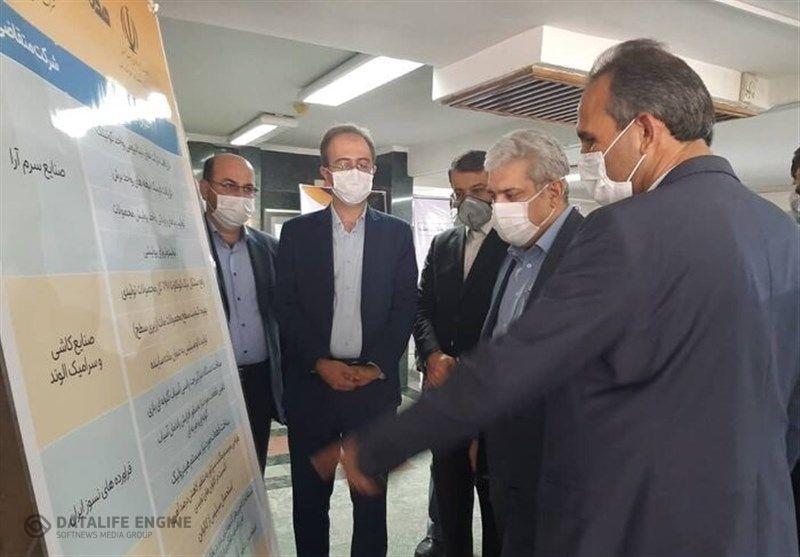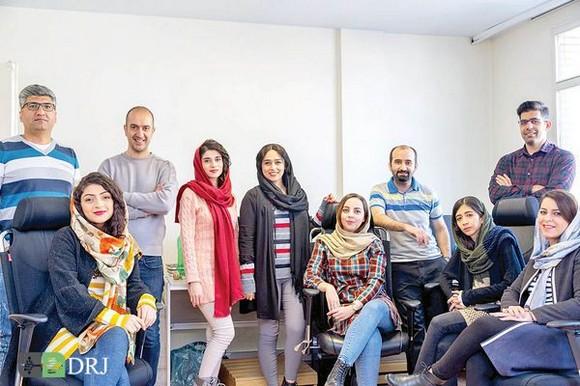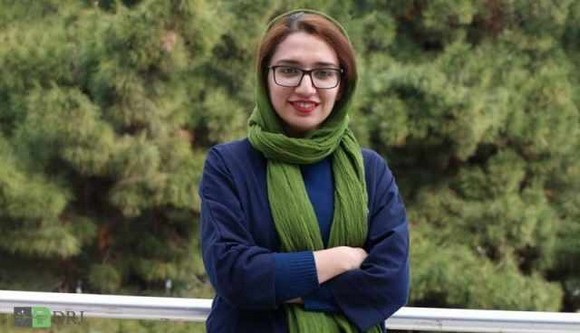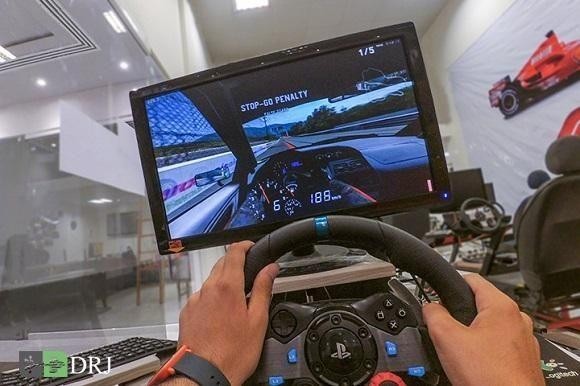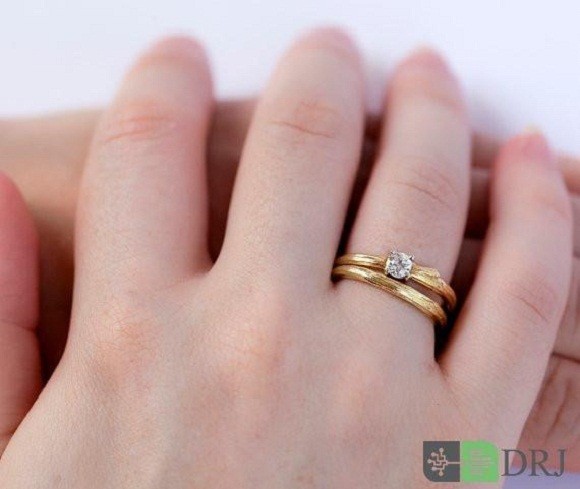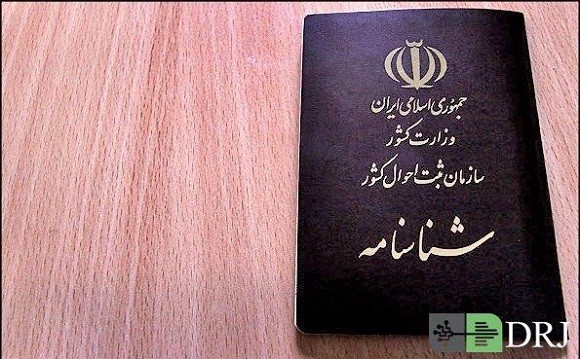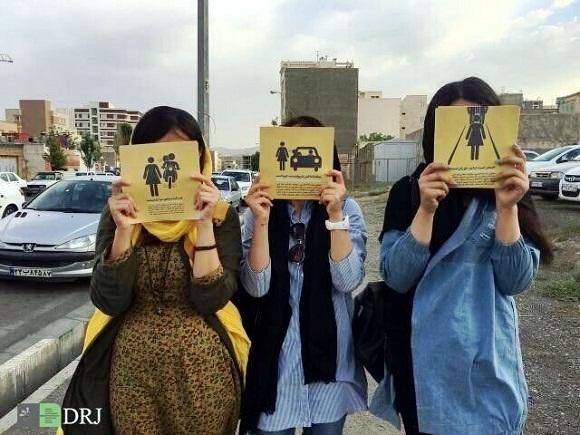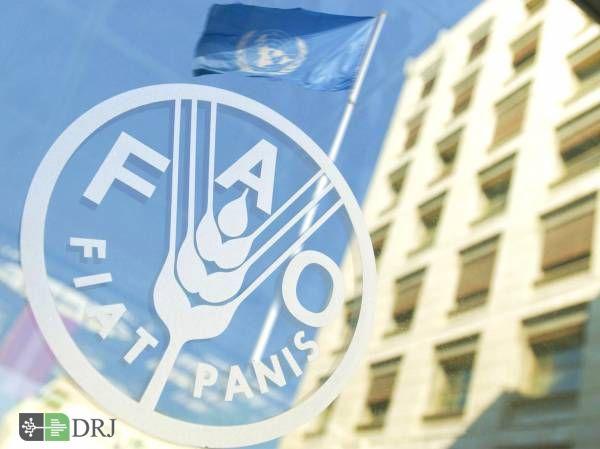Abd Allah ibn Sina
Abu’l ‘Ali al-Husayn b . ‘Abd Allah ibn Sina
Abu’l ‘Ali al-Husayn b . ‘Abd Allah ibn Sina ( 370/980-428/1037 )
Abu’l ‘Ali al-Husayn b . ‘Abd Allah b . Sina , Latinized as Avicenna during the Middle Ages , known in the Muslim world as Ibn Sina , is one of the most important representatives of that encyclopaedic tradition of learning which was the hallmark of Islamic scholarship . Honorifically called al-Shaykh al-Ra’is , the Grand Shaykh , Ibn Sina was born in 370 AH/980 CE in Afshana , his mother’s home town near present day Bukhara , Uzbekistan , during the reign of Amir Nuh ibn Mansur al-Samani
( 370/980-428/1037 )
Abu’l ‘Ali al-Husayn b . ‘Abd Allah b . Sina , Latinized as Avicenna during the Middle Ages , known in the Muslim world as Ibn Sina , is one of the most important representatives of that encyclopaedic tradition of learning which was the hallmark of Islamic scholarship . Honorifically called al-Shaykh al-Ra’is , the Grand Shaykh , Ibn Sina was born in 370 AH/980 CE in Afshana , his mother’s home town near present day Bukhara , Uzbekistan , during the reign of Amir Nuh ibn Mansur al-Samani .
We know about his life and works from two authoritative sources: An autobiography which covers the first thirty years of his life and the detailed life-sketch left behind by his disciple and friend al-Juzjani . His father was a high official of the Samanid administration , his native language was Persian and he was first educated at home and then sent to learn jurisprudence from Isma‘il al-Zahid . He studied the Almagest , Elements and logic with the famous mathematician Abu ‘Abdallah al-Natili . By the time of his sixteenth birthday , Ibn Sina had mastered physics , medicine , metaphysics and he was well-known as a physician . During the next two years , he was able to master Aristotle’s metaphysics with the help of al-Farabi’s commentary .
The first important turning point in the life of Ibn Sina came in the year 387/997 when , as a physician , he successfully treated the ruler of Bukhara , Nuh ibn Mansur; this opened the doors of one of the best libraries of its times to the young Ibn Sina . He spent the next several months in the palace library and saturated his mind with the best of medieval learning to such an extent that many years later he remarked to his disciple Juzjani , “I now know the same amount as then but more maturely and deeply; otherwise the truth of learning and knowledge is the same . ”
The earliest of Ibn Sina’s surviving works date from 391/1001 when he was twenty-one; these include the twenty-volume Kitab al-hasil wa’l-mahsul dealing with all sciences , Kitab al-majmu‘ on mathematics and Kitab al-birr wa’l- ithm on ethics .
The second important turning point in Ibn Sina’s life can be traced back to the year 392/1002 when his father died amidst political turmoil and war and he left Bukhara for Jurjaniyah , then the capital of Khwarazmian dynasty where he found patronage in the court of the ruler , Abu’l Hasan Ahmad ibn Muhammad al-Suhaili . It was for al-Suhaili that he wrote two treatises on mathematics and astronomy , Kitab al-tadarik li anwa‘ al-khata fi’l tadbir and Qiyam al-ard fi wasat al-sama’ . But Ibn Sina had to flee again because of political turmoil . He set out for Jurjan because of the reputation of its ruler as a lover of learning but when Ibn Sina arrived in the kingdom of Qabus in 403/1012 , he found out that the ruler had died . After ten years of moving from place to place , he finally settled in Isfahan where he composed his master pieces during a fifteen year period of calm and peace . When Masud of Ghaza attacked Isfahan , this period of peace came to end and Ibn Sina returned to Hamadan where he died of colic during the month of Ramadan in the year 428/1037 .
Ibn Sina’s surviving works include more than two hundred and fifty books , treatises and letters on philosophy , cosmology , medicine and religion . The most important among these are the voluminous Kitab al-Shifa’ , Kitaba al-Najat , Danishnama-yi ‘ala’i , ‘Uyun al-Hikmah , al-Isharat wa’l tanbihat , and the famous al-Qanun fi’l-tibb .
Ibn Sina’s philosophy is based on an ontological foundation in which God , the Necessary Being ( wajib al-wujud ) , is the only being which is pure Goodness , the source of all existence . Everything else derives its being ( mahiyya ) and its existence ( wujud ) from the Necessary Being and hence is contingent upon God . The contingent beings ( mumkin al-wujud ) are then divided into two kinds: ( 1 ) Those which are necessary in the sense that they cannot “not be”; they are contingent by themselves but receive from the First Cause the quality of being necessary . These beings are the simple substances ( mujarradat ) . And ( 2 ) beings which are only contingent , the composed bodies of the sublunary world which come into being and pass away . Ibn Sina’s importance is based on the fact that he attempted to integrate Greek philosophy and Islam in an original synthesis which places God at the center of a philosophy which is essentially based on the self-evident truths . According to Ibn Sina , the idea of Being is so rooted in the human mind that it could be perceived outside of the sensible , though the first certitude apprehended by the human mind is the one that comes by means of sense perception .
In a prefiguration of Cartesian Cogito ergo sum , Ibn Sina based his philosophy on intuition ( hads ) and on the notion that the human soul is independent of body , and hence capable of apprehending itself directly . According to Ibn Sina , the Necessary Being produces a single Intelligence ( because from the One can only come one ) . This Intelligence possesses a duality of being and knowledge; it introduces multiplicity into the world; from it can derive another Intelligence , a celestial Soul and a celestial body . Then , according to Ptolemy’s system , this creative emanation descends from sphere to sphere as far as a tenth pure Intelligence , which governs our terrestrial world; this terrestrial world is unlike the other worlds because it is made of corruptible matter . This multiplicity surpasses human knowledge but is perfectly possessed and dominated by the active Intelligence , the tenth Intelligence . Ibn Sina demonstrated this in a highly original poetic narration , Hayy ibn Yakzan ( The living , the son of the Awakened ) .
Among Ibn Sina’s medical works , Canon of Medicine , is the ordered Summa of all the medical knowledge up to his time . Divided into five books , this major work of Islamic medical tradition was used as the basic textbook for teaching medicine for seven centuries both in the East as well as in the West . Translated by Gerard of Cremona between 1150 and 1187 , the Canon formed the basis of teaching at all European universities . It appears in the oldest known syllabus of teaching given to the School of Medicine at Montpellier , a bull of Clement V , dating from 1309 , and in all subsequent ones until 1557 . The Arabic text was edited at Rome in 1593; in all eighty-seven translations exist in various European languages , some of which are not complete .
Ibn Sina’s influence on the subsequent developments of intellectual thought is vast . In the Muslim world , his philosophy was instrumental in the emergence of Ishraqi ( Illuminist ) school of Suhrawardi . Ibn ‘Arabi combined it with the Gnostic doctrines and Mulla Sadra integrated it into the intellectual perspectives of Shi‘ism . In the West , Thomas Aquinas embodied some of his proofs in the Catholic theology and although the Renaissance brought a violent reaction against him , Ibn Sina holds a secure place in the history of Western philosophy through his influence on major Christian philosophers .
Bibliography:
For an extensive bibliography on Ibn Sina’s works see , Goichon , A . M . “Ibn Sina” , in Lewis , B . et . al . eds . ( 1986 ) . The Encyclopaedia of Islam , new edition , Vol . III , pp . 941-47 . Leiden: E . J . Brill .
For works on Ibn Sina:
Gohlman , W . E . ( 1974 ) . The Life of Ibn Sina . A Critical Edition and Annotated Translation . Albany: State University of New York Press .
Gutas , D . ( 1988 ) . Avicenna and the Aristotelian Tradition , Introduction to Reading Avicenna’s Philosophical Works . Leiden: E . J . Brill .
Hamarneh , S . ( 1983 ) . “Abu ‘Ali al-Hussain bin ‘Abdallah bin Sina ( Avicenna ) ( 980-1037 )” in Hayes , J . R . ( ed . ) The Genius of Arab Civilization: Source of Renaissance . London: Eurabia .
Corbin , H . ( 1960 ) . Avicenna and the Visionary Recital , tr . W . Trask . New York: Pantheon .
Nasr , Seyyed Hossein . ( 1993 ) . An Introduction to Islamic Cosmological Doctrines . Albany: State University of New York Press .
Marmura , M . E . ed . ( 1984 ) . Islamic Theology and Philosophy: Studies in Honor of G . F . Hourani . Albany: State University Press of New York .
Wickens , G . M . ed . ( 1952 ) . Avicenna , Scientist and Philosopher: a Millenary Symposium . London: Luzac .


